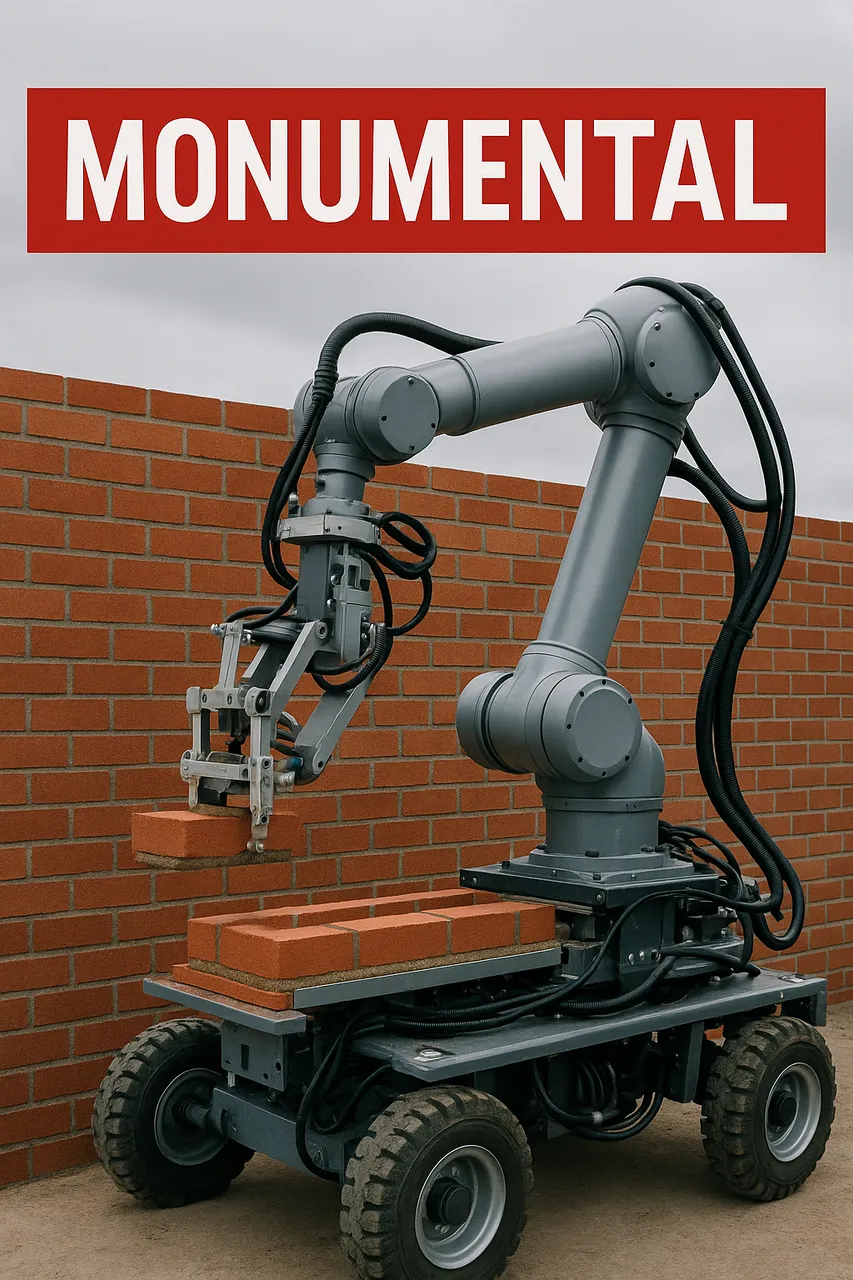
When most people contemplate their next career move, the goals are usually clear, a higher salary, better work-life balance, maybe the chance to learn a new skill or escape the daily traffic.
But every now and then, someone emerges whose motivations don’t fit that familiar mold someone who isn’t just looking to improve their life, but to change the world. Salar al Khafaji is one of those people.
You probably haven’t heard his name in the same breath as Silicon Valley giants, but his story holds a quiet kind of brilliance that reveals what truly sets top entrepreneurs apart. While many of us aim for comfort or success, he chooses difficulty.
And not the simple, Instagrammable kind of challenge, either. We’re talking about bricklaying.
Of course, you heard that right bricklaying.
Salar had already done what many startup founders dream of, he built a data-visualisation company that was eventually acquired by tech giant Palantir. He had a seat at the table. He was in. But when the time came to think about his “what next,” he didn’t ask how he could get richer or more famous. He asked a special, and far more ambitious question:
“What’s a problem so big that solving it would nudge an entire country’s economy?”
That question led him to one of the oldest, slowest-evolving industries in the world, construction. For decades, productivity in construction has lagged behind other sectors. You can send a satellite into orbit faster than you can finish a housing development. Salar wanted to change that.
The result? A company called Monumental, where he and his team are building robotic bricklayers not just cool gadgets, but a serious attempt to transform the very foundation (pun intended) of how buildings are made. It’s the kind of innovation that, if successful, might actually register in GDP statistics. That's not just business that's vision.
So, Are Startup Founders Different? yes. But not because they’re smarter or harder-working or more risk-tolerant than the rest of us (though many are). What separates them, at the core, is what they aim for. Most people aim to make their own lives better. Founders like Salar aim to make everyone’s lives better by taking on the problems no one else wants.
They aren’t chasing trends, they’re chasing friction. They walk toward inefficiency, toward stagnation, toward the stubborn parts of the world that haven’t changed in fifty years. And they ask, "Why not?"
Bricklaying robotics won’t get you millions of followers on social media. It won’t make you a celebrity. But it might change the lives of thousands of construction workers. It might make homes cheaper and safer. It might reduce delays, improve city planning, and change how we think about urban growth.
That’s the kind of ambition that really matters. Not the flashy kind. The kind that digs deep, gets messy, and leaves behind an actual impact.
So If you’re wondering whether you have what it takes to start something real don’t look at how smart or skilled you are. Look at the questions you’re asking.
Are you asking, What job pays more? Or are you asking, What problem in the world is so broken that I can’t stop thinking about it?
The best founders aren’t in it for the exit. They’re in it for the entry into difficult, overlooked, legacy systems that desperately need change. And they stay long enough to leave a mark.